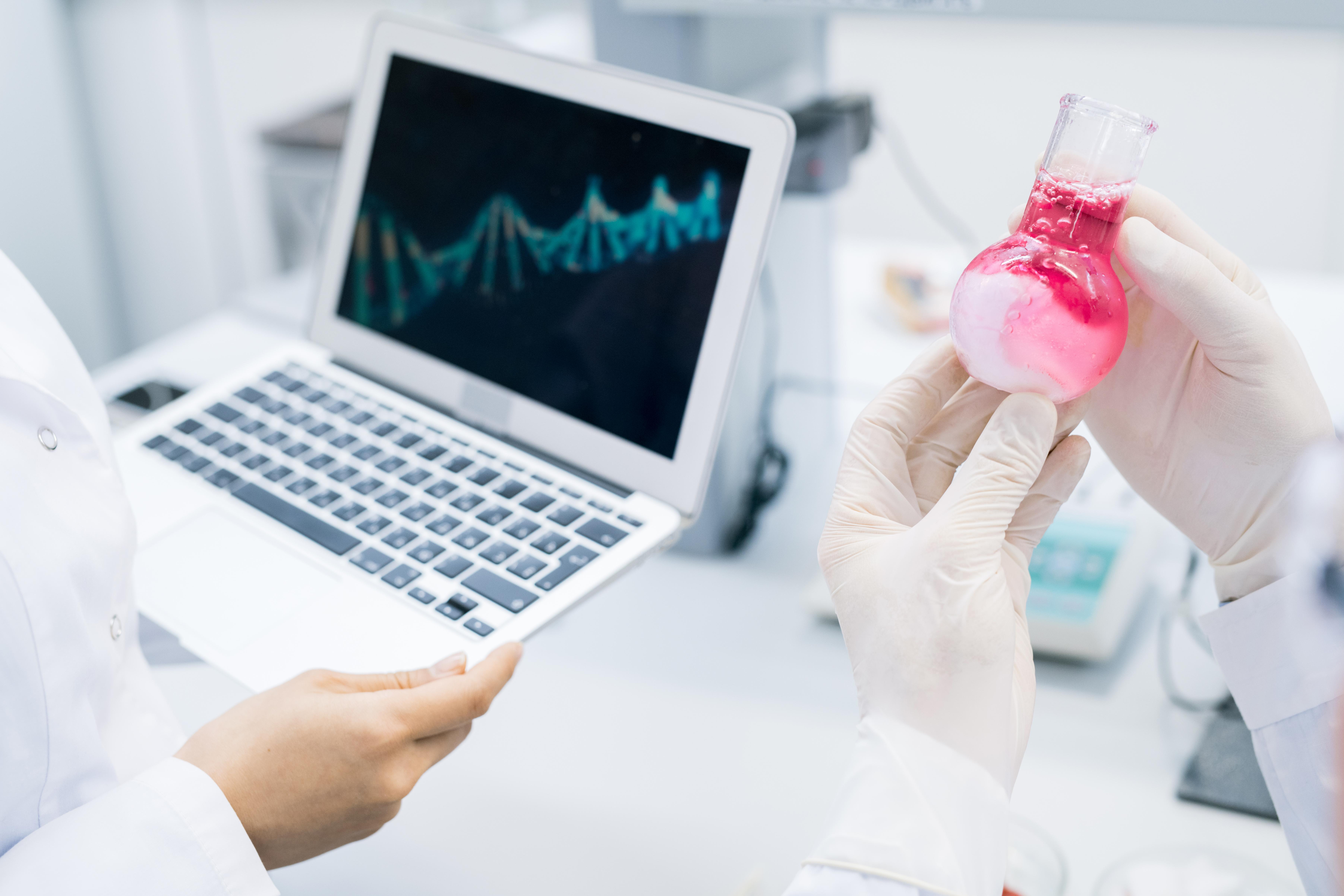13 Things That Make Type 5 Diabetes Different From Other Types
In recent years, the medical community has been abuzz with discussions surrounding a potential new classification of diabetes, tentatively dubbed as Type 5 diabetes. This emerging health phenomenon is gaining attention due to its unique characteristics that differentiate it from the traditional types of diabetes we have come to understand. Unlike Type 1 and Type 2 diabetes, which are well-documented and researched, Type 5 diabetes presents a novel set of challenges and questions for researchers, healthcare professionals, and patients alike. This article aims to provide a comprehensive overview of this emerging phenomenon, shedding light on its origins, characteristics, and the potential impact on global health.
1. Understanding the Basics: What is Type 5 Diabetes?

Type 5 diabetes is not yet officially recognized in the medical community, but it is characterized by a unique combination of symptoms that do not fit neatly into the existing categories of diabetes. Unlike Type 1 diabetes, which is an autoimmune condition, or Type 2 diabetes, which is largely associated with lifestyle factors, Type 5 diabetes appears to involve a complex interplay of genetic and environmental factors. Researchers hypothesize that Type 5 diabetes may involve a distinct form of insulin resistance, coupled with pancreatic dysfunction that does not align with the traditional markers used to diagnose diabetes. This ambiguity in classification makes it a challenging condition to diagnose and manage, leading to a growing need for more targeted research and understanding.
2. The Genetic Predisposition: Unraveling the DNA Connection

One of the most intriguing aspects of Type 5 diabetes is its potential genetic basis. Early studies suggest that individuals with Type 5 diabetes may possess specific genetic markers that predispose them to this condition. Unlike Type 2 diabetes, where lifestyle plays a significant role, the genetic component in Type 5 diabetes appears to be more pronounced. Researchers are currently investigating the presence of unique gene mutations or polymorphisms that could be responsible for the atypical insulin resistance observed in Type 5 diabetes. Understanding these genetic factors is crucial, as it could pave the way for personalized medicine approaches, allowing for more precise diagnosis and treatment strategies tailored to an individual's genetic makeup.
